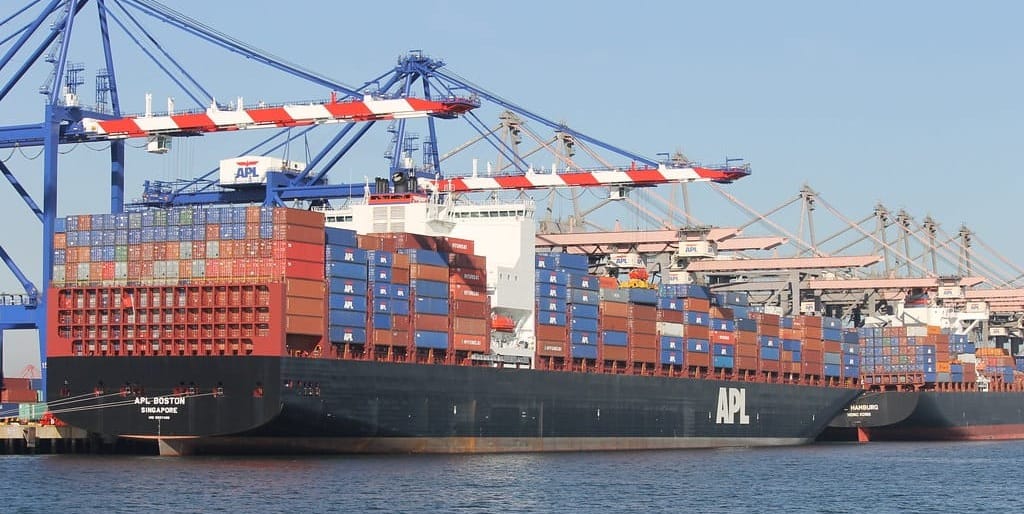Motion One: International Trade

Article I, Section 8 of the U.S. Constitution grants Congress the exclusive power to “lay and collect Taxes, Duties, Imposts and Excises.”
Trade policy, as with so many other areas in our system of government, has long been a source of tension between executive ambition and legislative prerogative. Many of the battles have been fought over the general direction of trade policy, with the interests of labor, capital and industry in conflict, each of the parties seeking to influence policy in their favor.
But over the last several months, tariff schemes enacted by the Trump Administration — particularly under Section 232 of the Trade Expansion Act — have raised serious constitutional questions which extend beyond the course of policy itself. The answers to those questions may determine the fate of our democratic republic.
[Ed. Note: This is a test post. Stay tuned for more complete analysis and commentary on trade.]
Comments ()